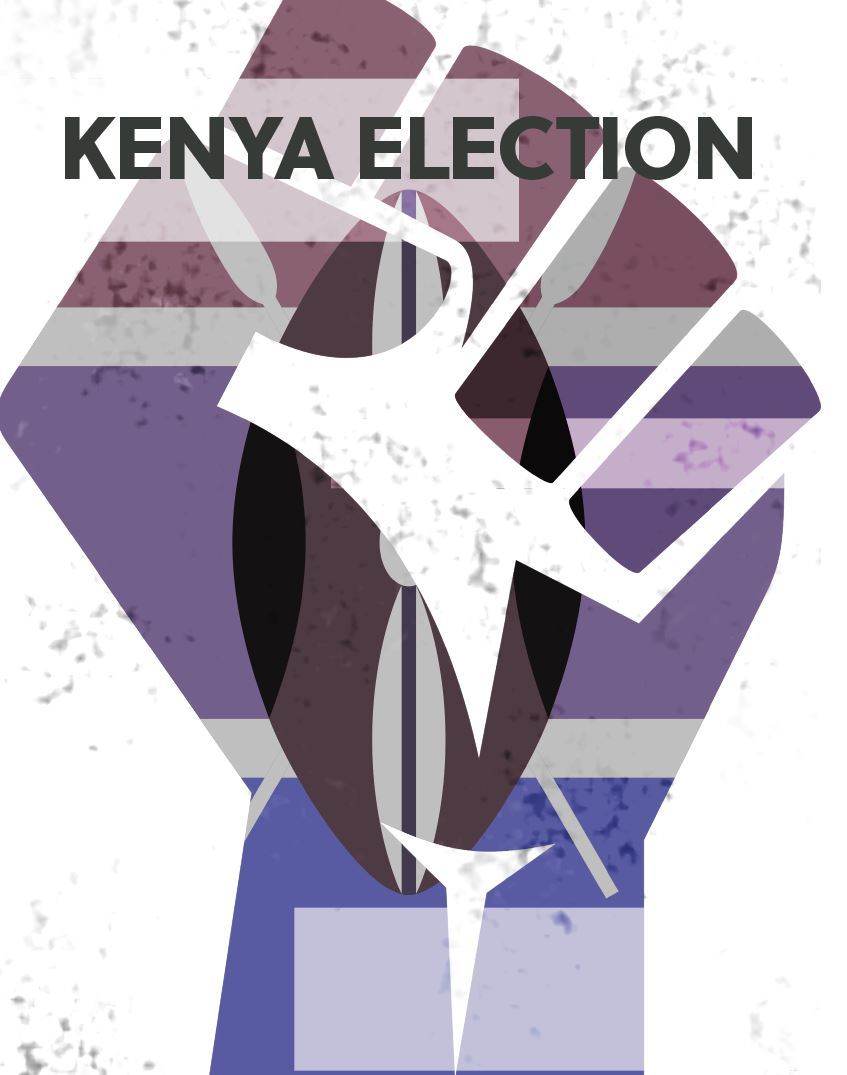Violence and the Vote: What do the party primaries mean for Kenya's upcoming general election?
The April 2017 party primaries in Kenya were marred by allegations of assassination attempts, vote rigging, annulments and fighting between party constituents. The violence has led many commentators to conclude that the upcoming general elections in August will more than likely be characterised by high levels of violence, mirroring the unrest seen in Kenya following the 2007 election, in which over 1,300 people were killed. Yet, ten years on, such conclusions overlook significant progress made in Kenya’s democratisation process. While the violence during these primaries is indeed worrisome, it does not equate to a clear indication of impending August violence. Rather the violence points to the intense character of Kenyan county politics, particularly in rural areas where power is a means of economic access amid an increasingly challenging socio-economic environment. Nevertheless, the primaries still present broader implications for the upcoming vote.

While the violence during these primaries is indeed worrisome, it does not equate to a clear indication of impending August violence.
The 2010 Constitution paved the way for a devolution process that saw Kenya’s eight former provinces eventually reorganised into 47 new counties in 2013. This process opened up new positions in the country’s political landscape, whereby county-level politicians would now be able to head semi-independent county assemblies, each with a significant budget to be divvied out between diverse projects. According to local media sources, positions for the 1,450 members on county assemblies (MCAs) are also personally lucrative. A MCA’s basic salary is approximately USD 1,900 per month, and with benefits - such as sitting and travel allowances - can reach upward of USD 4,000 per month. When compared to Kenya’s average monthly income per capita of USD 255, this 20 fold increase is hugely attractive and results in significant competition for the position. In this regard, it is conceivable that these positions have become increasingly sought, and fought, after.
The April 2017 primaries were also marred by logistical challenges, including delays in delivering voting materials, and reports of pre-marked ballot papers adding to overall tensions. However, although concerning, these logistical challenges do not necessarily point to the difficulties yet to come during the August general election. Specifically, the primaries were solely managed by the political parties themselves, not state authorities, and many are hopeful that recent reforms made to the Independent Electoral and Boundaries Commission (IEBC) will give the August election greater transparency and credibility.
In addition, initiatives implemented following the 2007/2008 post-election violence had already paved the way for peaceful elections in 2013, an achievement that should not be undervalued. President Uhuru Kenyatta and Deputy President William Ruto’s leadership partnership has been largely successful in appeasing tensions between their respective Kikuyu and Kalenjin constituencies. With Ruto set to be Kenyatta’s 2017 running mate, this partnership could once again aid a peaceful vote. Furthermore, although former opposition coalition, the Coordination for Reconciliation and Democracy (CORD), sought to capitalise on allegations questioning the impartiality of the IEBC, the fact that CORD and the Jubilee government worked together to create reforms to the body in mid-2016 has been seen as conducive to greater buy-in in the political process, demonstrating that there remains available apparatus and infrastructure, albeit weakened, to assist in a peaceful election.
With Ruto set to be Kenyatta’s 2017 running mate, this partnership could once again aid a peaceful vote.
While this presents a more positive outlook in the election, broader implications can be drawn from the primaries and a peaceful vote in August is still not guaranteed. The primaries offered the newly formed opposition coalition, the National Super Alliance (NASA), its first opportunity to display a unified front. Yet, early division in the opposition coalition, likely to be headed by Kenyatta’s long-term adversary Raila Odinga, was immediately evident as coalition members vied for the same county positions.
Fighting between NASA parties at a country level mirrored higher-level squabbles over who will lead the coalition. This could encourage defections in the lead up to the vote and ultimately undermine NASA’s campaign. Furthermore, the primaries in the Rift Valley, in particular, were accompanied by allegations of politically-motivated violence with local politicians accused of encouraging land invasions targeting rival support bases. This is the latest evidence that the region is likely to be a political battlefield in the upcoming vote. NASA, through its courting of Isaac Ruto, an ethnic Kalenjin and his Chama Cha Mashinani (CCM) party, is eager to secure the Kalenjin vote – a key source of William Ruto’s support. Here, it is clear from the primaries that localised violence is all but guaranteed in August. Yet, the restraint and unity demonstrated by the key political leaders in the coming months will determine whether widespread nationwide violence is inevitable.
